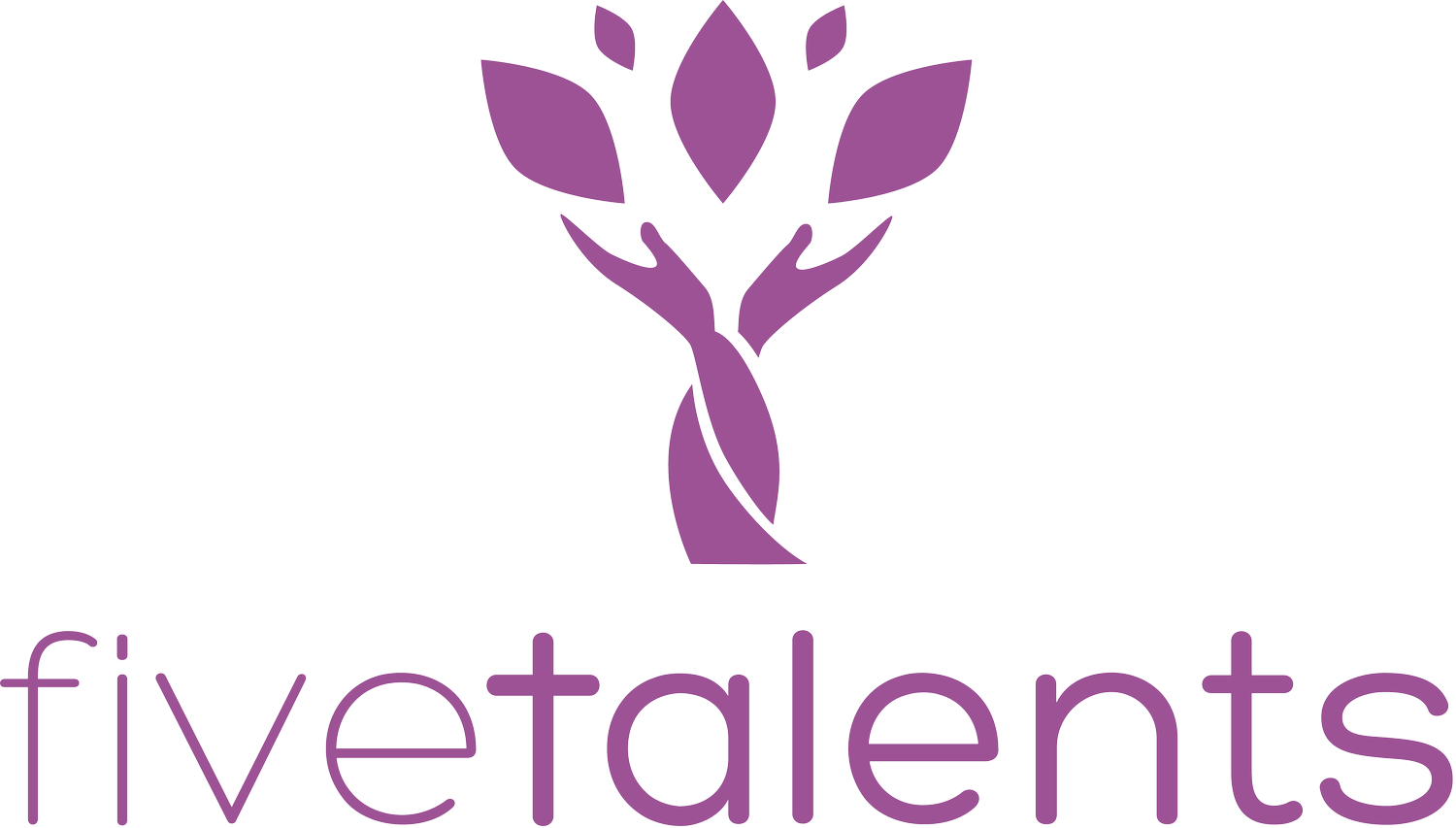If you're familiar with Five Talents, you've seen the terms "community group" or "savings and loan association" in nearly every post. Such groups are formed by microfinance institutions primarily for economic purposes – so that women and men running businesses can save money and take out small loans in a setting where they receive both support and accountability.
Five Talents partners with trusted local organizations to provide everything that group members need for their enterprise, from micro-loans to business skills training and spiritual support. (The story of Ibu in Indonesia is a perfect illustration of this.) But the true beauty of "community groups" is that they can also serve as a hub for anti-poverty measures that extend beyond the realm of microfinance.
"A community group that is brought together for economic reasons becomes a mechanism for other assistance to be administered – so it's an opportunity," said David Middleton, a Five Talents associate who also serves on the organization's program review committee and operates the consulting company Development Services International, Ltd.
"[Community groups] are one of the best mechanisms around to look for and assist and understand a whole range of different needs a community may have that may not be related to economic needs – for example, literacy or health or training in other kinds of life skills. Once people are together and they have a regular meeting point, then other services can be given out to the community."
One of the best examples of this is the free clinic program that is run in Indonesia by GERHATI, a Jakarta-based organization that Five Talents helped to found in 2005. GERHATI, also a Five Talents partner, works with local authorities and a national NGO named Perkantas in the slums of Jakarta to provide healthcare -- not just to group members, but also to other people in the predominantly Muslim community.
"GERHATI staff organizes teams of doctors and nursing staff that can come into venues [such as schools] and set up a mobile, temporary clinic," said Middleton, who has himself participated in several of these clinics. "The members of the groups are told about it and encouraged to bring [others in] the community that need medical assistance."
Health problems – more than a bad harvest or a job loss – can suck the life out of a family and its business, according to Abhijit V. Banerjee and Esther Duflo, the authors of Poor Economics. When a family member gets sick in Indonesia, consumption drops 20 percent, they write. A free health clinic with good doctors, then, can make a real difference in impoverished communities.
Middleton says that most of the people that come to these clinics can't otherwise afford healthcare. "If they do have some money, they're going to spend it on food or shelter or other debts they have to repay. They're the kind of things that win out. They won't pay for a health service because people don't trust the healthcare. They probably think they're wasting their money."
The Muslim and Christian doctors that participate in the GERHATI-led project most often treat respiratory problems – a common ailment in slum communities (pictured here). But the medical professionals will also make sure that severe cases get the help that they need. If ongoing treatment is needed, it will be arranged free of charge.
Each year GERHATI coordinates numerous health clinics in the Bekasi community in Jakarta.
To learn more about Five Talents' work with GERHATI in Indonesia, click here.
Donate now – just $85 can empower a struggling entrepreneur and help boost their profit and benefit their family.


